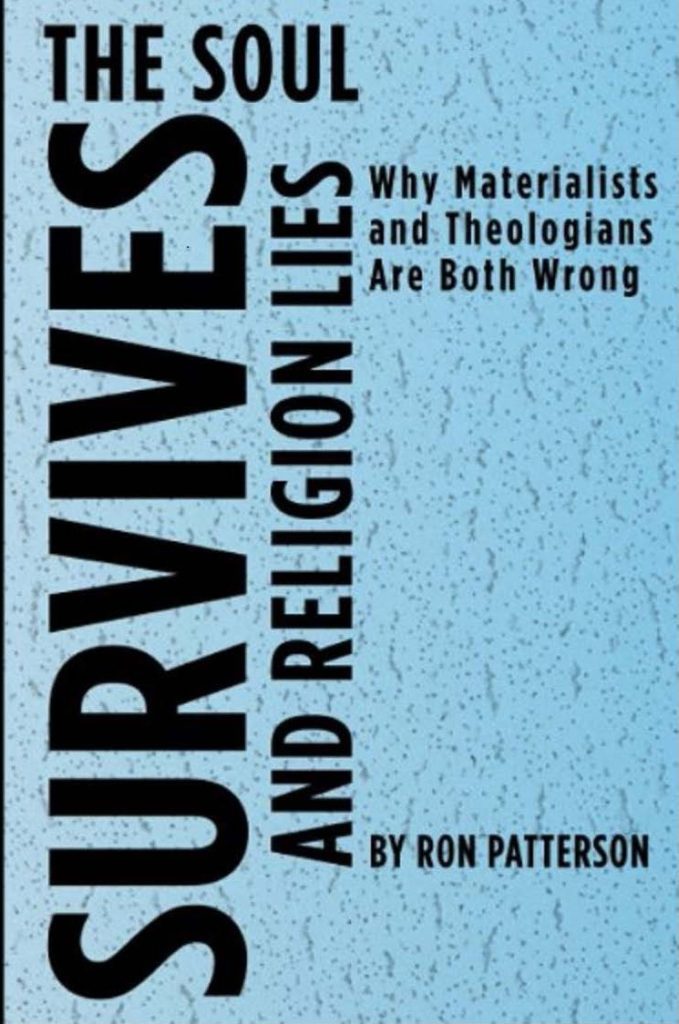In a world divided by ideology and faith, Rational Thinking vs Religious Belief by Ron Patterson offers something refreshingly different, a clear, balanced, and reasoned approach to understanding the human quest for truth. This rational thinking vs religious belief book invites readers to examine the world through the lens of evidence and logic rather than unquestioned tradition.
Ron Patterson’s writing doesn’t seek to alienate believers; instead, it bridges the gap between faith and reason, helping readers see how logic, empathy, and common sense can coexist in meaningful ways.
The Core Message of the Rational Thinking vs Religious Belief Book
At the heart of Rational Thinking vs Religious Belief lies one fundamental question: how can humans pursue truth in a world where belief often outweighs evidence? Patterson answers this by contrasting the emotional comfort of faith with the intellectual freedom of inquiry.
The rational thinking vs religious belief book begins by exploring how humans develop beliefs, not out of malice or ignorance, but from a deep desire to make sense of the unknown. Yet, Patterson argues, when belief replaces evidence, progress halts. Through a common sense approach to atheism, he shows that questioning sacred ideas is not an act of rebellion but a necessary step toward enlightenment.
He writes with empathy for those who find comfort in faith, but he challenges readers to consider whether belief without evidence truly serves the pursuit of truth.
A Common Sense Approach to Atheism
Patterson’s common sense approach to atheism is what makes this book so unique. Instead of presenting atheism as cold or dismissive, he treats it as a philosophy rooted in curiosity, honesty, and responsibility. He argues that rejecting blind faith doesn’t mean rejecting morality, beauty, or meaning, it means redefining them based on what can be observed and proven.
This section of the rational thinking vs religious belief book delves into how critical thinking enhances moral and emotional depth. By grounding one’s worldview in evidence, individuals can live with authenticity and integrity. Patterson reminds readers that truth and kindness are not divine gifts, they are human achievements, earned through reflection and reason.
Rational Atheism Perspective: Thought Beyond Dogma
Another key theme of Patterson’s work is the rational atheism perspective, which emphasizes evidence-based reasoning over religious dogma. He presents atheism not as a rejection of spirituality, but as an evolution of thought, a move from fear-based obedience to self-aware understanding.
Patterson’s rational atheism perspective explores questions like:
- Can morality exist without religion?
- Does logic diminish life’s wonder?
- Is doubt the enemy of faith, or its foundation?
Through these explorations, he concludes that rational thought doesn’t destroy meaning, it deepens it. When humans accept uncertainty and seek answers through evidence, they engage more authentically with reality. In this sense, Patterson’s work becomes not just a book about rational thinking vs religious belief, but a guide to personal intellectual freedom.
Why Rational Thinking Matters Today
In an age dominated by misinformation, tribalism, and emotional reasoning, Patterson’s message is more relevant than ever. He argues that reasoned thought is the only reliable compass in navigating the modern world’s complexity.
By combining philosophy, science, and psychology, the rational thinking vs religious belief book encourages readers to slow down, think critically, and resist the allure of comforting but unverified beliefs. His common sense approach to atheism doesn’t aim to convert, it aims to awaken.
Patterson’s message is simple: truth doesn’t fear investigation. When we embrace rational inquiry, we move closer to understanding ourselves and the universe without relying on supernatural explanations.
The Human Side of Reason
What sets Rational Thinking vs Religious Belief apart from other books about atheism is its tone. Patterson writes not as a detached academic but as a compassionate observer of human nature. He recognizes that belief offers emotional security, yet he insists that logic and evidence can offer something more enduring, freedom from illusion.
His rational atheism perspective emphasizes that meaning and morality need not vanish when faith is questioned. Instead, they can flourish under the guidance of reason, empathy, and self-awareness. Rational thought, Patterson argues, isn’t sterile, it’s profoundly human.
Final Thoughts: A Call for Reason and Reflection
Ron Patterson’s Rational Thinking vs Religious Belief is more than a critique of religion, it’s a manifesto for intellectual courage. His common sense approach to atheism invites readers to think independently, to weigh evidence over emotion, and to discover fulfillment through reason.
As one of today’s most insightful voices in modern humanist philosophy, Patterson stands out among authors offering a rational atheism perspective that is as compassionate as it is logical. For readers who value truth over tradition and clarity over comfort, this rational thinking vs religious belief book is a must-read.
It doesn’t demand that you abandon faith, it simply asks that you think deeper, ask harder questions, and seek answers that stand on the firm ground of evidence. In doing so, Ron Patterson shows that the greatest act of belief may be in reason itself.

